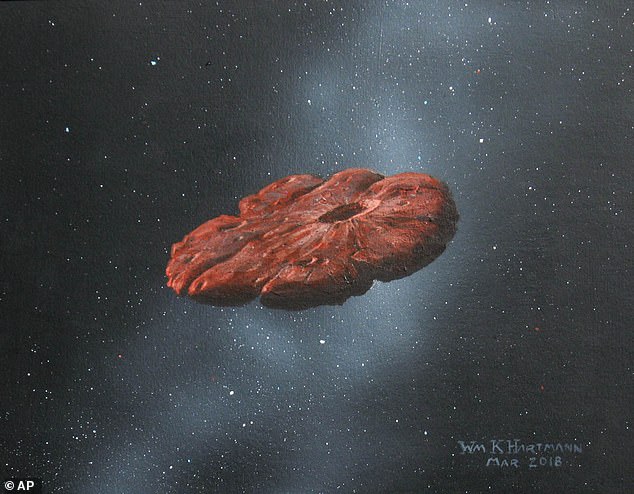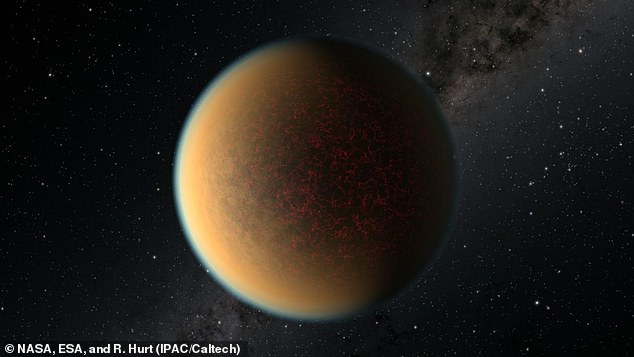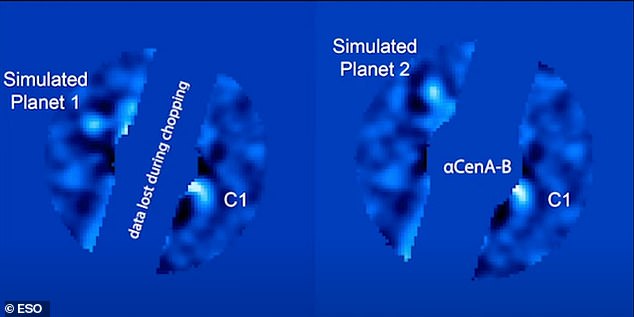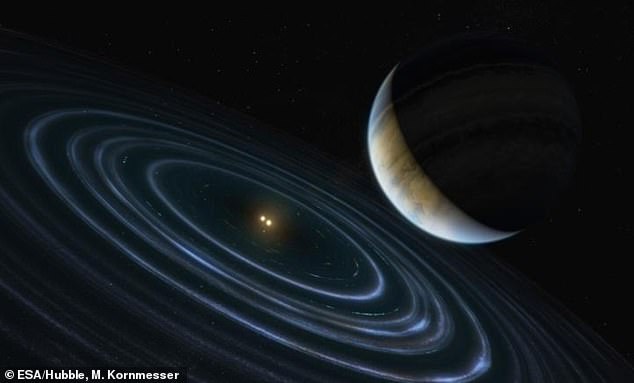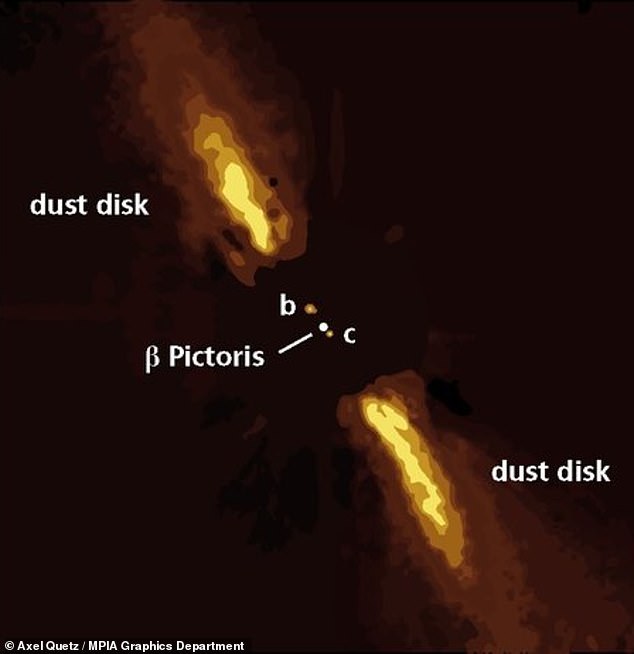Interstellar visitor Oumuamua is NOT an alien craft but a chunk from a Pluto-like exoplanet
Earth’s first interstellar visitor is neither an alien aircraft nor a comet, as some scientists previously speculated when whizzed through our Solar System in 2017. A new study from Arizona State University suggests Oumuamua is nothing more than a chunk from a Pluto-like planet that was blasted off from its home some 400 million years … Read more
